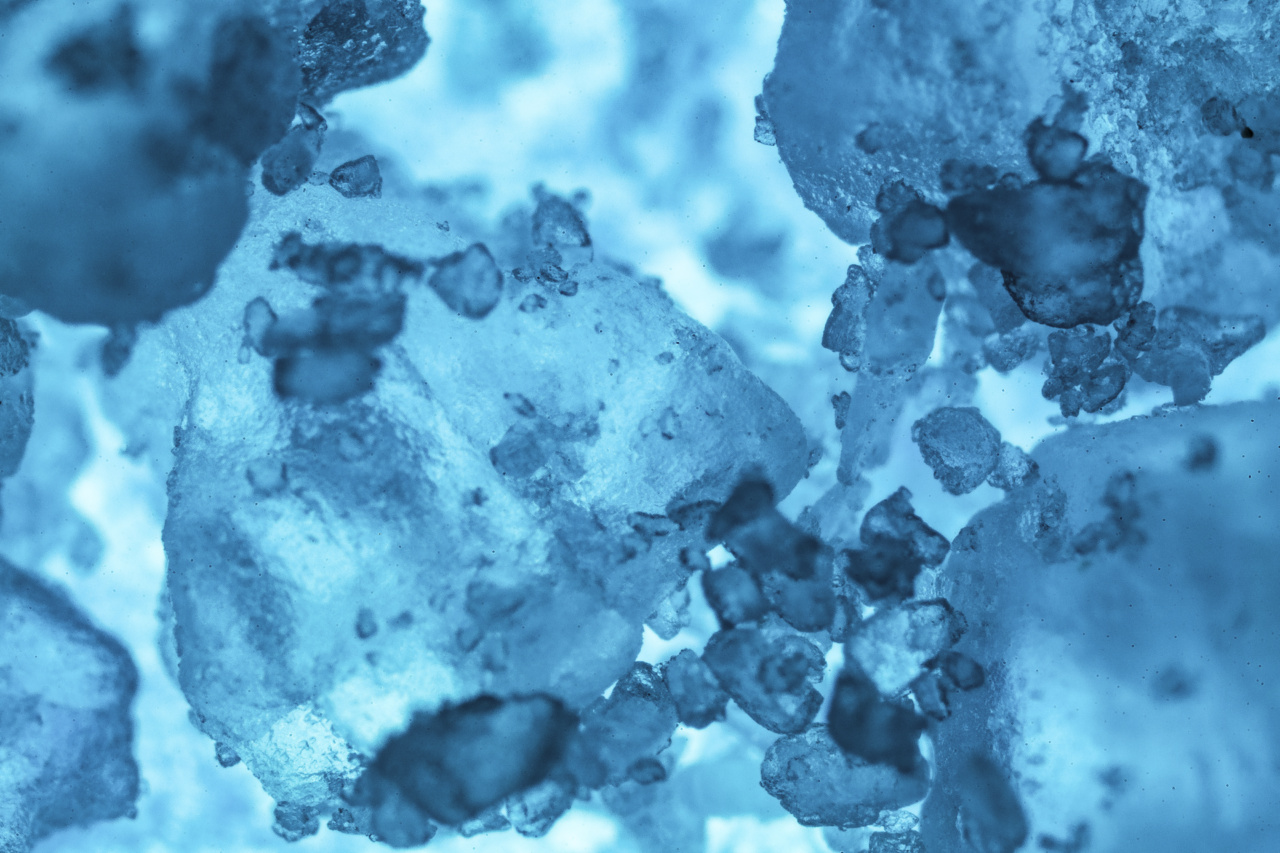Hypertension, also known as high blood pressure, is a common health problem that affects millions of people worldwide.
It is often referred to as a “silent killer” because it often has no symptoms and can lead to serious health complications such as heart disease, stroke, and kidney failure. According to the World Health Organization (WHO), hypertension is one of the major causes of premature death and disability worldwide.
The two major culprits that contribute to hypertension are sugar and salt. In this article, we will explore the battle between the two and their impact on high blood pressure.
Sugar and Hypertension
Sugar is a type of carbohydrate that is found in many foods and beverages, including candy, sodas, juices, pastries, and even some types of bread. When we eat sugar, it is broken down into glucose, which is used by our bodies for energy.
However, when we consume too much sugar, it can lead to weight gain and obesity, which is a major risk factor for hypertension.
A study conducted by the Centers for Disease Control and Prevention showed that people who consume a diet high in sugar are more likely to develop high blood pressure than those who consume a diet low in sugar.
The study also found that reducing sugar intake can help lower blood pressure levels.
So, how much sugar should we be consuming per day? The American Heart Association recommends that women should consume no more than six teaspoons of sugar per day, while men should consume no more than nine teaspoons of sugar per day.
However, the average American consumes about 17 teaspoons of sugar per day, which is more than twice the recommended amount.
Salt and Hypertension
Salt, also known as sodium chloride, is a mineral that is commonly used as a seasoning in many foods. It is found in high amounts in processed foods such as chips, canned soups and vegetables, and fast food.
When we consume too much sodium, our bodies retain water, which can increase blood pressure.
The American Heart Association recommends that adults should consume no more than 2,300 milligrams of sodium per day, which is about one teaspoon.
However, the average American consumes about 3,400 milligrams of sodium per day, which is more than the recommended amount.
A study published in the journal Hypertension showed that reducing sodium intake can help lower blood pressure levels. The study found that reducing sodium intake by just 1,000 milligrams per day can lower blood pressure by 5 to 6 mmHg.
The Battle Between Sugar and Salt
When it comes to hypertension, both sugar and salt are major culprits. However, which one is worse for our blood pressure levels?.
A study published in the Journal of the American Society of Nephrology showed that sugar and salt had similar effects on blood pressure levels.
The study found that reducing sugar intake was just as effective at lowering blood pressure as reducing salt intake.
Another study published in the Journal of the Academy of Nutrition and Dietetics found that people who consume a diet high in both sugar and salt are at an increased risk for hypertension.
The study also found that people who consume a diet high in fruits and vegetables are less likely to develop high blood pressure.
The Importance of a Healthy Diet
If you are looking to lower your blood pressure, it is important to focus on maintaining a healthy diet.
This means reducing your intake of sugar and salt, and increasing your intake of fruits, vegetables, whole grains, and lean protein sources such as fish and poultry.
Here are some tips to help you reduce your intake of sugar and salt:.
- Read food labels to check for hidden sources of sugar and salt
- Avoid processed foods and opt for fresh or frozen fruits and vegetables
- Choose low-sodium options when available
- Avoid adding salt and sugar to your food when cooking or eating
- Choose water or unsweetened beverages instead of sugary drinks
Conclusion
Sugar and salt are both major contributors to hypertension, and reducing your intake of both can have a significant impact on your blood pressure levels.
It is important to maintain a healthy diet that is low in sugar and salt and high in fruits, vegetables, whole grains, and lean protein sources. By making these changes, you can reduce your risk of hypertension and the serious health complications that come with it.




























